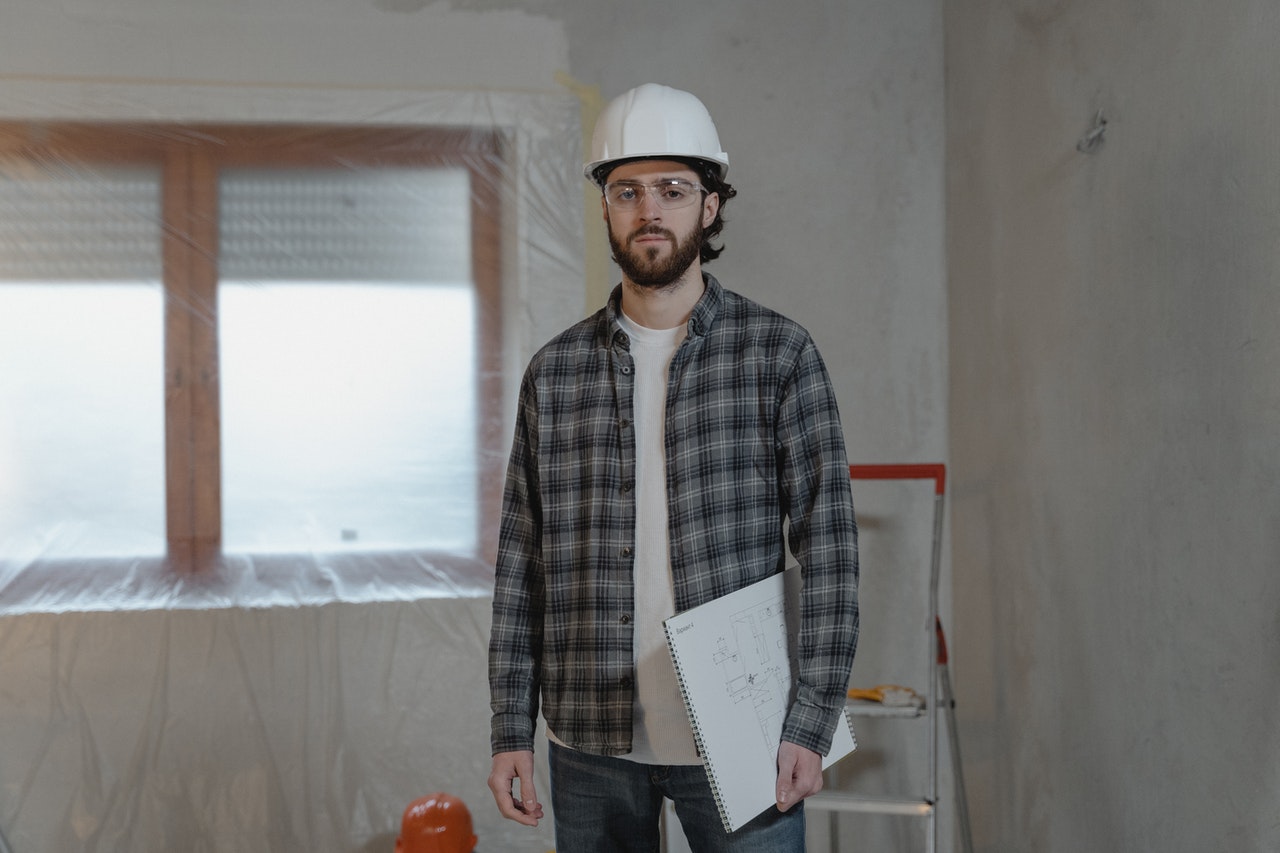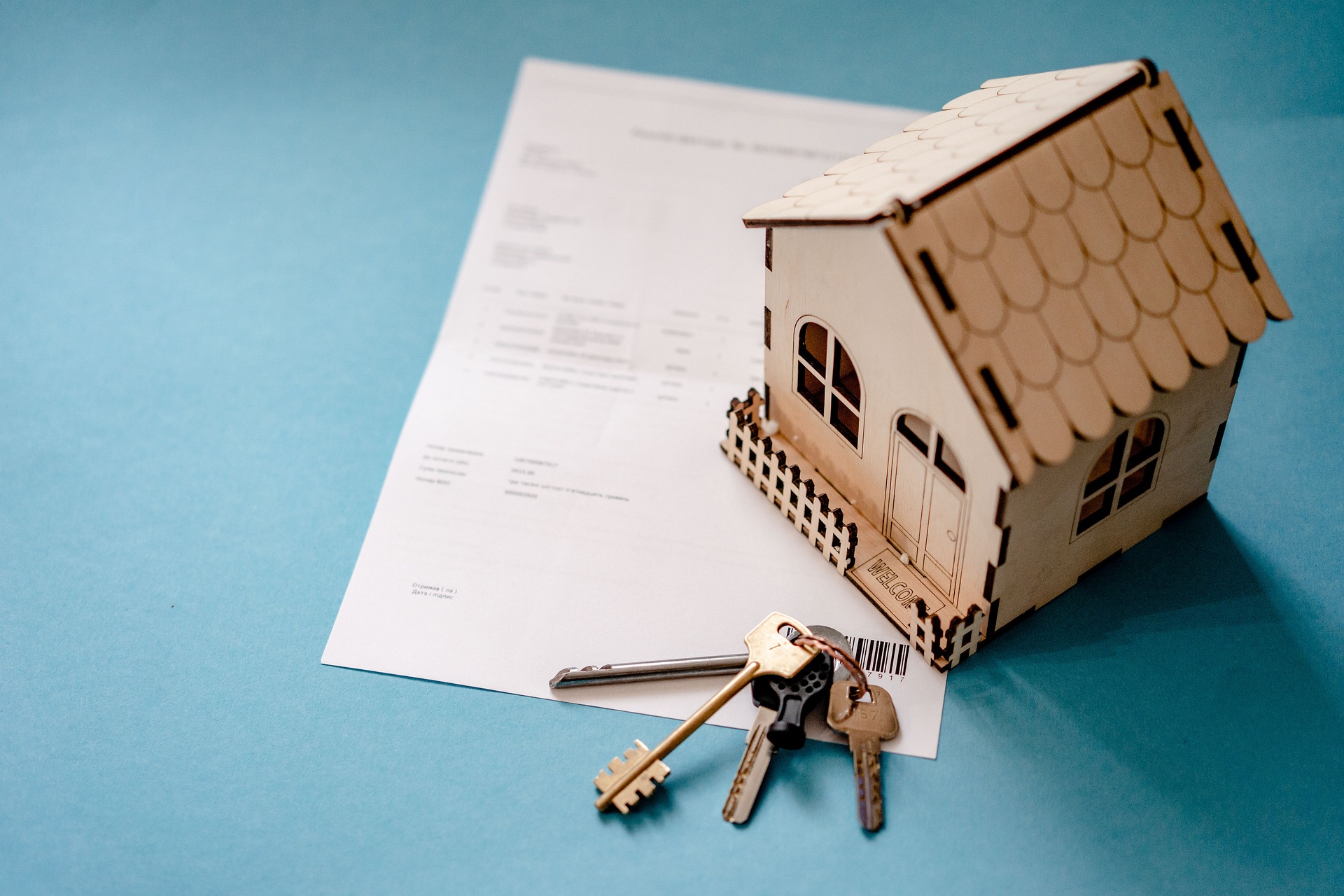One of the most important steps in the home buying process is an inspection. A trained inspector will thoroughly examine your prospective new house and make sure everything – from the electrical wiring to the foundation – meets safety codes and works properly. It’s a necessary step because it could reveal hidden problems you might not otherwise know about until after you buy – problems that could end up costing you thousands of dollars.
Home Inspection Overview
A home inspection is a thorough examination of your prospective new house by a trained inspector. They make sure that everything in the house – from the electrical wiring to the foundation – works properly and meets safety codes. It is a necessary step because it could reveal hidden problems you might not otherwise know about until after you buy – problems that could end up costing you thousands of dollars.
It is also common for home inspectors to perform tests using specialized equipment at the property, such as testing for ground continuity and moisture levels. In some cases, these tests can be done without entering the house itself, but if there’s any question about the property, it makes sense to get inside and check things out. A building inspector will typically include both visual inspections of visible components and testing with specialized equipment, allowing you to make sure your potential new home is in good shape and meets safety codes. It’s an important step in making sure your purchase doesn’t go sour later.
6 Benefits Of Home Inspection
Here are the reasons you should always get a home inspection before signing on that dotted line:
1. Find Out if There’s a Problem
It’s always better to know about any issues with the foundation or electrical wiring before buying. Some problems, like termite infestations or mold that can develop in your walls if they’re not properly insulated, are easily fixed and unlikely to affect the value of your house. However, others could be serious enough that you would need to renegotiate the price of your home (e.g., a sewer line backup) or even walk away from it altogether (e.g., asbestos).
2. Protect Yourself Against Fraud
While fraud is extremely rare when buying a home, there have been cases where unscrupulous sellers complete bogus updates before selling their homes – making them look like new construction – so that they can get a better price.
The worst part is, new homeowners, end up with little recourse if they discover the problems during an inspection after the sale closes. To avoid this from happening to you, have an independent inspector inspect your prospective home before you rely on a real estate agent’s claims about it. They won’t be as likely to sugar-coat any information if the seller doesn’t specifically hire them – and as a result, they’ll be more likely to give you unbiased opinions on what issues need fixing before closing.
3. Catch Serious Problems Before You Buy
Having a professional examine your potential house for major defects will help you know what needs attention first. Any needed repairs won’t impact your budget for long enough to affect your ability to close on the home.
For example, discover the basement is prone to flooding or that your roof needs replacing right away. It can help you determine whether these are things you’d want to be fixed immediately before closing on the house or if they’re something you can wait on until later. It’s also possible that an inspector will find problems that aren’t related to functionality at all – for example, some states have specific statutes about what kinds of upgrades must be allowed in homes sold to families with children.
4. Save Money Down The Road
If you’re not getting a home inspection before buying, there’s no way to know if your new property has any hidden problems that will cost you money later. These can include termite infestations, mold problems in the basement or bathroom, structural defects in the foundation or roof, or even electrical shorts caused by faulty wiring. They’ll all need to be taken care of eventually anyway (unless you plan on moving), so it’s better to pay for them up-front than risk paying more once they’ve gotten worse down the road.
5. Get Deals on Upgrades and Repairs
If any issues need immediate attention – like a leaky roof – it will save you money to find out sooner rather than later. Plus, even if your inspector doesn’t find any major problems (which is unlikely), they should still advise you on what kind of upgrades or repairs might be worth considering before closing. This information alone could save you thousands of dollars over time. As you can see, there’s a lot to gain from hiring an inspector for your home inspection – but why wait? Start learning more now by contacting local professionals who can help you get started.
6. Peace of Mind
Last, but possibly most important, is that a home inspection can eliminate the all-too-common fear of the unknown. Suddenly becoming a homeowner for the first time can be overwhelming in many ways. So being able to see firsthand what your new house looks like when it comes to safety and structural issues will give you peace of mind when it comes to moving in or making renovations later on.
A home inspection will put you at ease knowing that any major problems have been addressed and it’s safe to move in or that you know what needs to be done before proceeding with the purchase. It will also help dispel any appearance issues so buyers don’t get cold feet and walk away from a sale they would otherwise complete had they known about something hidden behind the walls or inside the attic.
A home inspection will check that the house is code-compliant and safe for human habitation. You can also use it to learn how extensive some repairs might be if you intend to do them yourself, which cuts down both on effort and costs in the long run, even if you’re not able to tackle everything. If you are buying a new home, no question getting a home inspection makes sense no matter what type of property you are purchasing. Still, it might be helpful to review some of the actual numbers, so you know what to expect.





Leave A Comment